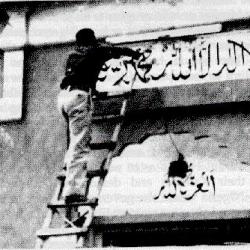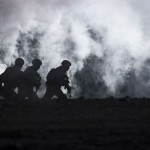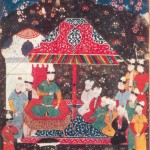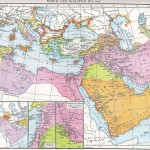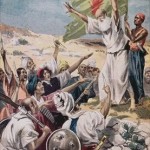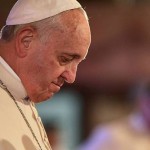The “hot take” is probably as old as journalism itself. Early English language newspapers like “Tatler” and “Spectator” included gossip columns on the aristocracy and on current political events. While op-ed’s in reputable journals are not viewed as such, they too are often examples of “hot takes.” I’ll go one step further and say that even editorials following momentous world events are often “hot takes” competing with those from other news outlets. Let me muddy journalistic waters even more. In... Read more



